News
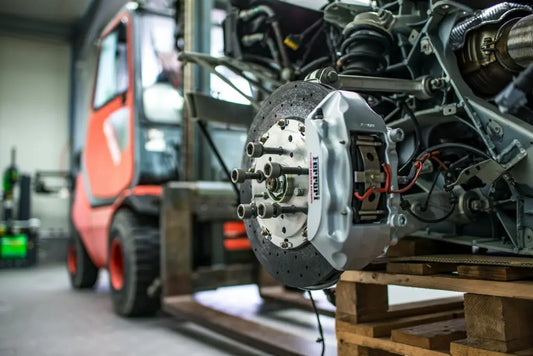
At What Mileage Should Brake Pads Be Replaced?
The mileage at which brake pads should be replaced can vary widely, typically between 30,000 to 50,000 miles
At What Mileage Should Brake Pads Be Replaced?
The mileage at which brake pads should be replaced can vary widely, typically between 30,000 to 50,000 miles
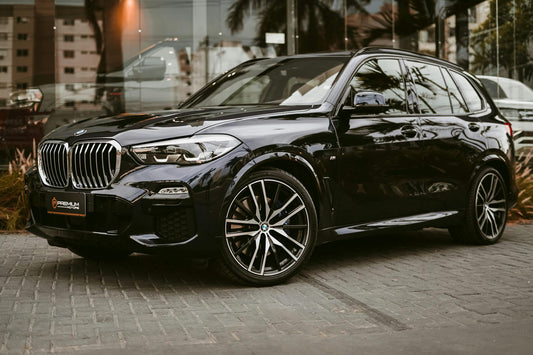
How Much Are the Brake Pads for the X5?
The cost of brake pads for a BMW X5 can vary widely depending on the type, quality, and where you purchase them.
How Much Are the Brake Pads for the X5?
The cost of brake pads for a BMW X5 can vary widely depending on the type, quality, and where you purchase them.
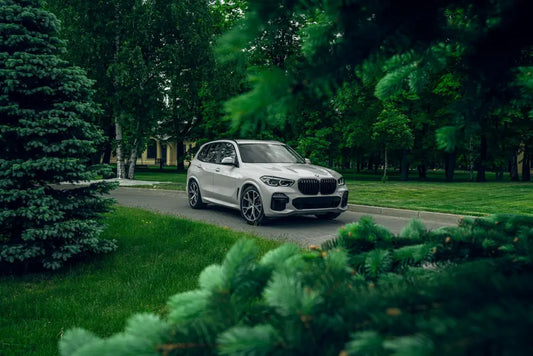
How Long Do Brake Pads Last on a BMW X5?
Brake pads on a BMW X5 typically last between 30,000 to 50,000 miles, depending on various factors such as driving habits, type of brake pads, road conditions, and vehicle load.
How Long Do Brake Pads Last on a BMW X5?
Brake pads on a BMW X5 typically last between 30,000 to 50,000 miles, depending on various factors such as driving habits, type of brake pads, road conditions, and vehicle load.
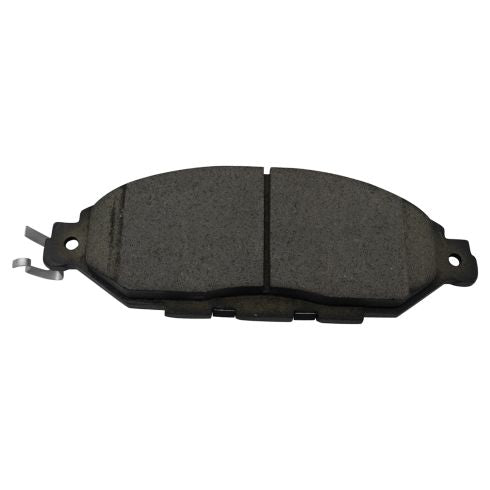
Had New Brake Pads Squeaking?
Squeaky new brake pads can be a nuisance, but understanding the causes and solutions can help you address the problem effectively.
Had New Brake Pads Squeaking?
Squeaky new brake pads can be a nuisance, but understanding the causes and solutions can help you address the problem effectively.
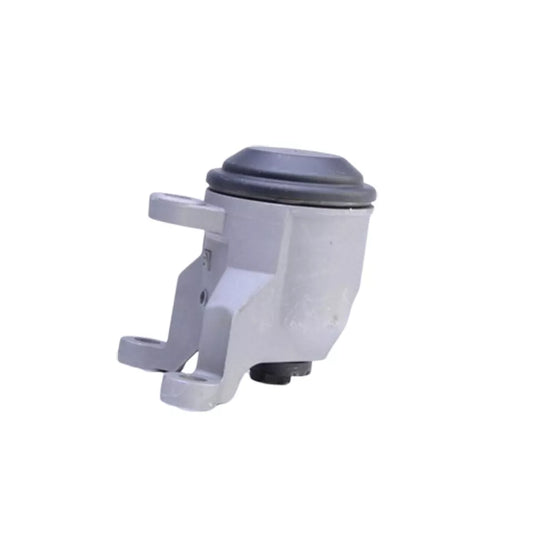
When Do Engine Mounts Go Bad?
Engine mounts are vital for the smooth and safe operation of your vehicle. Knowing when they typically go bad, recognizing the signs of failure, and understanding the causes of deterioration...
When Do Engine Mounts Go Bad?
Engine mounts are vital for the smooth and safe operation of your vehicle. Knowing when they typically go bad, recognizing the signs of failure, and understanding the causes of deterioration...
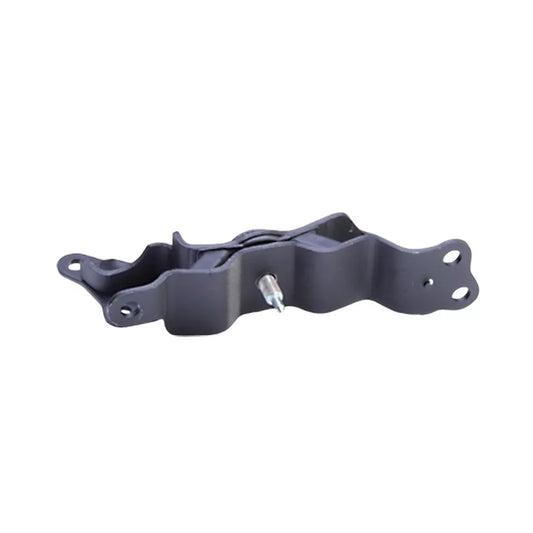
How Long Can Engine Mounting Last?
Engine mounts are essential for maintaining engine stability and reducing vibrations, but they are subject to wear and tear over time.
How Long Can Engine Mounting Last?
Engine mounts are essential for maintaining engine stability and reducing vibrations, but they are subject to wear and tear over time.
